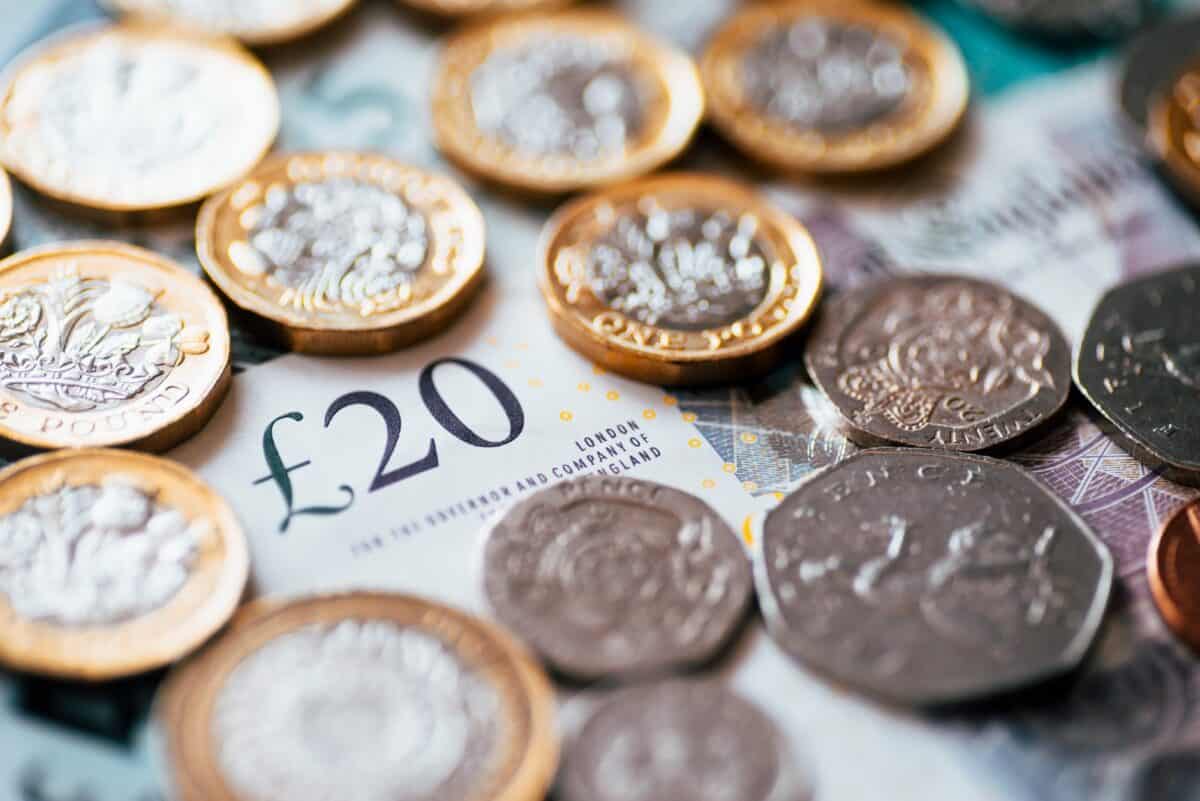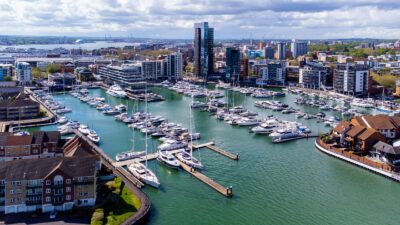The 25th Anniversary of the ISA was celebrated this year, and many millionaires later, the Stocks and Shares ISA still looks like one of the best ways for Britons to use any extra cash lying around. If such accounts are still with us in another 25 years, I dare say many more will have built theirs up to the million-pound mark and beyond.
The current limit is a generous £20k deposit per year. But the crucial detail is that there’s no upper limit to an ISA’s eventual size. Anyone using their full allowance today could see that grow to a small fortune or, in theory at least, a very, very big one.
My approach
If I was hoping to follow the same path, starting with a base £20k, I might target turning it into £400k. A sum so high would make for a comfortable retirement. there would be thousands of pounds of monthly income on offer depending on the withdrawal rate. That sounds like a small fortune to me. On the other hand, it does mean multiplying my initial stake by 20 times. That’s no mean feat even with the terrific track record the stock market has had down the years.
Let’s say I wanted to hit my figure by the 50th anniversary of the ISA and turn £20k into £400k over 25 years. Well, that requires an 11.3% average return rate, above historical standards for stocks by a few percent. With prudent stock picking, the goal isn’t exactly a pipe dream. I’d still call it a good investment even if I came up short.
The next question, of course, is which stocks to pick? My first port of call might be looking for undervalued sectors. The UK banking sector is an obvious one. It has looked as cheap as chips since the debacle of 2008, only to get even cheaper since Brexit. The general sentiment towards many of the big Footsie banks in this country is still quite negative. But the banks might not trade at such low valuations if that were not the case.
Strengths and weaknesses
HSBC (LSE: HSBA) is a stock I like and am considering buying. It trades cheaply by historical standards and its valuations are in line with its FTSE 100 competitors.
But the bank deals mostly with business abroad, particularly in Hong Kong and China where there’s more scope for growth. Banking, like many sectors, benefits from a growing GDP. HSBC is well positioned with around half of its revenue coming from Asia.
The Chinese element is a strength here, but it’s worth bearing in mind that it may also be a weakness. Geopolitical issues have frayed around the world. And if they were to worsen in the South China Sea then HSBC would be caught in the middle of it. A possible conflict with Taiwan could have serious repercussions for the company.
The year will be 2049 when (and if) the ISA celebrate sits half-century. And while I’m not looking forward to how old I might be looking then, perhaps I’ll be satisfied with the cash I’ve built up down the years with the tax-free investing of a Stocks and Shares ISA.








